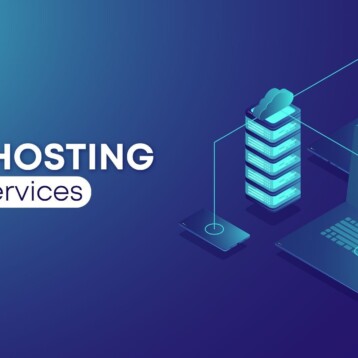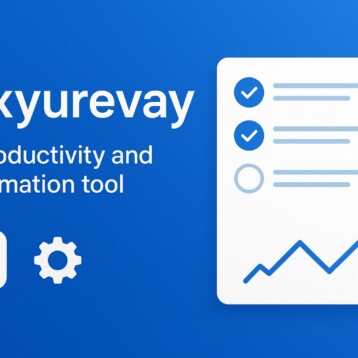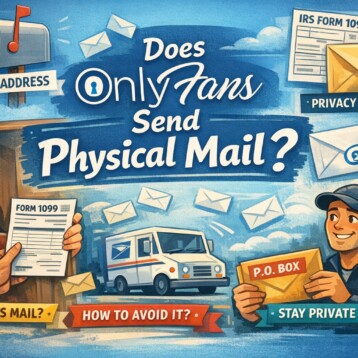What is a personal brand? It’s not your portfolio, social media posts, or list of publications. A personal brand is an image you convey to others, the emotions and associations that you evoke in other people.

We may love or hate influencers, but the fact is their influence is easy to determine with sales volume and statistics. Any business or person tries to create a personal brand, starts blogging, or comes up with a unique marketing strategy in the era of technology and digital marketing. Before moving on to creating your personal brand in the digital space, let’s define the base.
Who Are You?
At the heart of everything is goal-setting. It’s a kind of a foundation, without which nothing can be built. To understand whether to develop your personal brand, it’s worth deciding on your goals and role. Who are you — an expert, entrepreneur, blogger?
An expert. If people seek to attract clients and audiences to themselves as specialists or to some of their projects, they choose the role of experts. Expertise can be anything from plant care to cognitive psychology.
An entrepreneur. The development of a company CEO’s personal brand, or its official representative, will help to attract interest in the business, and to tell the world about it. Consumers are consciously approaching the choice of a product, so they need to understand who is behind the brand, company, or restaurant.
A living company representative is much more credible. This person admits mistakes and is always in touch. A person really needs a person, and a personal brand (in the aspect of developing a project) helps to do business a lot.

A blogger. Bloggers are different, as are their goals: to demonstrate the “dream life” or to promote a socially significant mission, to realize themselves and their creative ideas, or to travel for free on press tours. But they all have one thing in common — they all receive money for social media advertising, which is often the main source of income or start-up capital for other earning mechanisms: merchandise, online courses, etc.
You need to look inside yourself and understand what you want to talk about every day. What would you be doing anyway, even if no one paid for it and no one was following you? Having defined your personal brand role and goals, you can move on to creating a marketing strategy in general and a brand strategy in particular.
Decide On A Platform
At this stage, everything depends on the specifics of your industry and audience. You don’t have to try to be everywhere and at once: blogging on Instagram, posting on Facebook, shooting videos for a YouTube channel, and be the most active in your community, keeping up with all the events.
Choose the right social media platform for you, which you like best, where your target audience is the most, and where you know how to get more influence. For instance, the obvious leader of video content is YouTube, but live streaming works great on Facebook and Instagram as well.
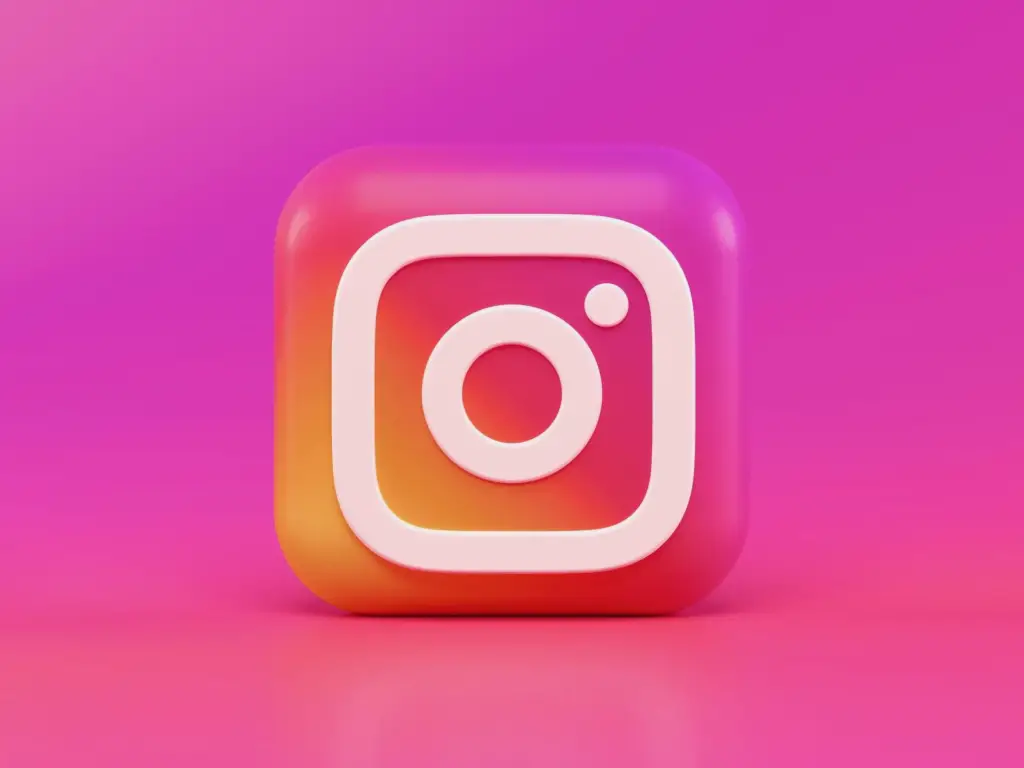
By the way, Instagram is about visual content — high-quality photos and videos. If your business or activity is closely related to the visual part or you produce colorful products (clothes, accessories, handmade items), Instagram is the best option.
LinkedIn is considered a purely professional social network. Moreover, messengers are in trend now, especially Telegram Channels. You can also write posts for colleagues’ blogs or authors of your niche. The main thing is to put your name and photo in the material. So you don’t spend time and money on promoting your personal brand, but you get a ready-made audience right away.
That’s Your Thing
Personal branding is like a sales funnel. You don’t need money at the very beginning, but then, when you get involved, get ready to spend. But before you make any investments, you must understand how you are different in the market and your value. You can build your communication, principles, and brand strategy on anything: an idea, your own values, lifestyle, appearance, environment, interests.

In simple terms, first of all, you need to stand out and do your job in an uncommon way and not like everyone else. A little brighter or a little noisier. Regular posts on social media, uniform but informative and interesting. You should appear in the feed or events as often as possible and always do and say about the same thing so that people remember you, and your personal brand begins to form in their minds.
If you are a constructor, come up with your brutal image, style, and unique construction tips. If you’re an accountant, try regularly showing how you summarize data in unusual ways. And if you are an athlete, go in for sports in fascinating costumes, you will definitely be remembered. All of these points won’t be part of your brand strategy only, but your marketing strategy as well. You want to promote your personal brand, don’t you?
Networking
At this point, you need to boost networking. If you are an initially active and sociable person with numerous friends, including already existing influencers, they can recommend you, introduce you to others, and offer you collaboration. Don’t forget about online activity — commenting on other media influencers’ posts, entering into discussions, writing ironic comments that will get a lot of likes.

Additionally, when building your personal brand and attending an event, remember that exciting personalities generate attention. It’s also much easier to start a conversation with you if some facts about you are known — so people can discover common topics to discuss and strike up a conversation.
As a result, for example, you may be interviewed or invited to give a lecture. And if your image and brand strategy matches another company’s marketing strategy, you can get an offer to become a part of its social media advertising and become its ambassador.
Social Media Advertising
If you have completed all the previous steps successfully, it’s time to spend some money. If you own a business or are promoting as a private specialist, then you know how difficult it is to gather a loyal audience or community around you. A developed personal brand allows you to increase the price of your services automatically — everything is based on your experience and expertise here. However, even the most talented or lucky influencer starts working with social media advertising at some point.
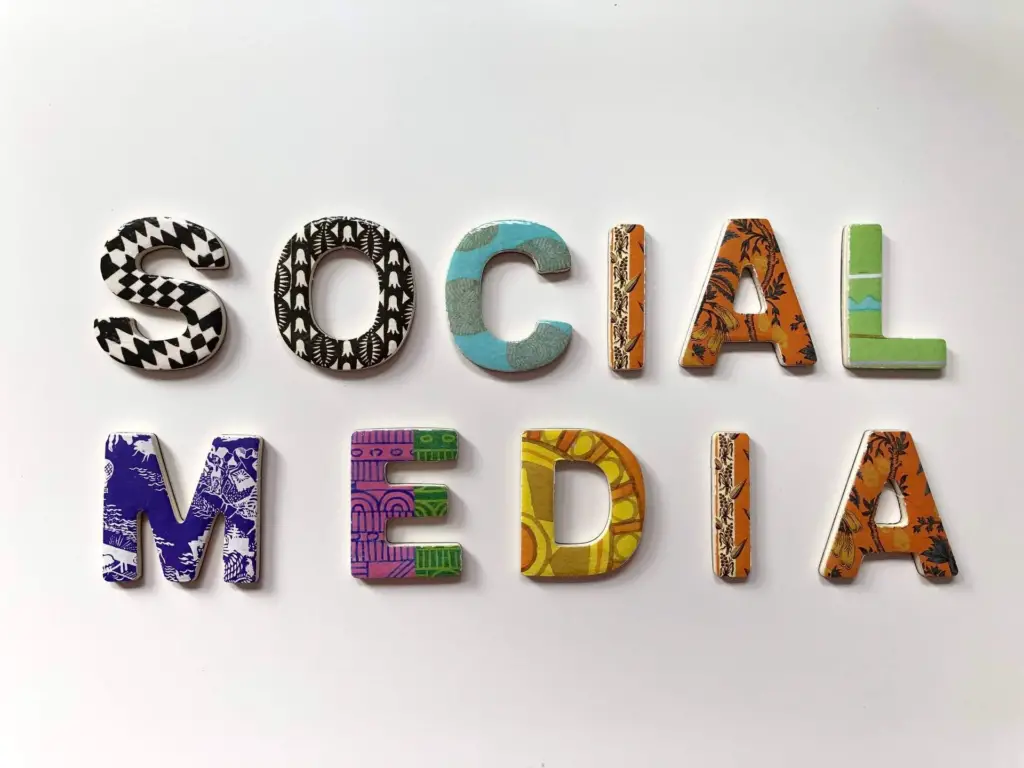
In this case, when there are ten well-written or shot publications, you can try targeting and cross-promotion. The latest concerns an effective advertising exchange with other bloggers. You pay popular influencers for your advertising and, finally, hire a producer to promote your personal brand or contact a blogging agency.
All’s fair in promoting your personal brand and developing your brand strategy. However, the one thing you should avoid when building your personal brand on social media is buying followers. We advise you to study this issue and give up this idea.
Tools To Improve Your Personal Brand Strategy
There are a fair number of marketing strategies and tools out there, but you need to figure out what works for you and your personal brand exactly. The main tools that will come in handy when forming a brand strategy and promoting a personal brand are photo and video editing software, a video recorder online, analytics tools, various planners, cloud storage, file-sharing services, and so on. Don’t be afraid to test and experiment for the best options.

To build a good personal brand, you need to define your brand strategy, milestones, goals, resources, tools, and communication channels. Furthermore, expand your personal knowledge through books and related fields. Improve your skills in terms of content, engagement, and public speaking. Good luck!

